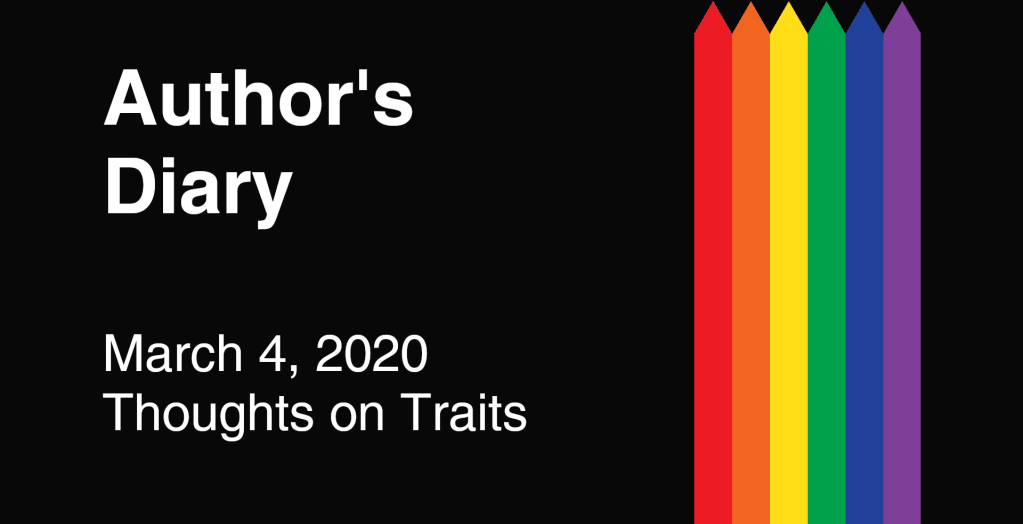
(Don’t forget to tune in to the latest episode of the Radio Free Covenant podcast!)
Sorry for the lack of posts. Real life got in the way of my writing the past couple days. Anyway, I promised you a debrief on Covenant’s traits, so here it is. Click through to read it.
All the time while I was writing the traits list for the Covenant playtest rules, I had this Kotaku article on Dungeons & Dragons’ early days on my mind. (I wrote a post on it back in September) This quote from the article may be closest to what I was thinking:
“(Dungeons and Dragons co-creator Dave) Arneson start[ed] this process of creating systems to handle what’s happening in the game, no matter what the players want[ed] to try,” (RPG archivist Paul) Stormberg said. “Nowadays, when a dungeon master runs a game and a player says, ‘I try to jump a pit,’ the dungeon master says, ‘You have a 3 in 6 chance. Roll the dice.’ The system doesn’t exist in the game — they made something up. That’s the genius breakthrough of role-playing.”
Dungeons & Deceptions: The First D&D Players Push Back On The Legend Of Gary Gygax by CCecilia D’Anastasio
To explain why I was thinking that, let me give you a brief explanation of Covenant’s rules.
Instead of dice, you spend your character’s Discipline on bids to accomplish anything. The cost of a bid is determined partially by how many favorable and unfavorable conditions (called advantages and disadvantages, respectively) are affecting the bid.
- More Advantages than Disadvantages: Each 1 Discipline you spend increases your bid by 2.
- Same Number of Advantages and Disadvantages: Each 1 Discipline you spend increases your bid by 1.
- More Disadvantages than Advantages: Each 1 Discipline you spend increases your bid by 2.
The most common way for you to give your character advantages is xir traits. You tap 1 trait (that is, it’s unusable until the scene ends) to get 1 advantage on a bids.
So what traits can you use for what bid?
You can tap any trait that applies to that bid. Here’s an example from the playtest rules:
- EXAMPLE: A character with the Rifles trait can use it for bids to:
- Shoot a rifle
- Defend from or avoid a rifle attack
- Maintain or repair a rifle
- Upgrade a rifle
- Know a rifle’s range and capabilities
- Buy a rifle
- Deal with characters who use rifles — in other words, talk shop
But what are the criteria for determining whether a trait applies to a bid?
That’s between you and the game’s referee.
One of the problems that I’ve had with Covenant was trying to pin down exactly what a roleplaying game is. That Kotaku article helped crystallize the difference in my head: how central interpretation and making things up on the fly are to them, to the point where they need a player who does nothing but run the game and adjudicate rules.
I want Covenant to build on what Dave Arneson started. I want it to be a looser roleplaying game that encourages that kind of creativity and on-your-feet thinking.
The traits in it are an important part of that. Instead of having hard and fast rules, I want to suggest where and when they can be used and let the players and Force Majeure figure the rest out for themselves. That’s why characters have traits instead of more hard-and-fast attributes and skills.
You don’t want the traits to be too broad, though. Otherwise, they can be used for anything and ruin the game’s challenge. That’s why I’ve been pulling my hair out with the traits. I want them to be versatile, but not too versatile.
They’re done, though, and it’s time to move on to the next thing in the rules. Bids? Think I’ll start listing bids and what they cover. I’ll talk to you tomorrow, God willing and the crick don’t rise.

